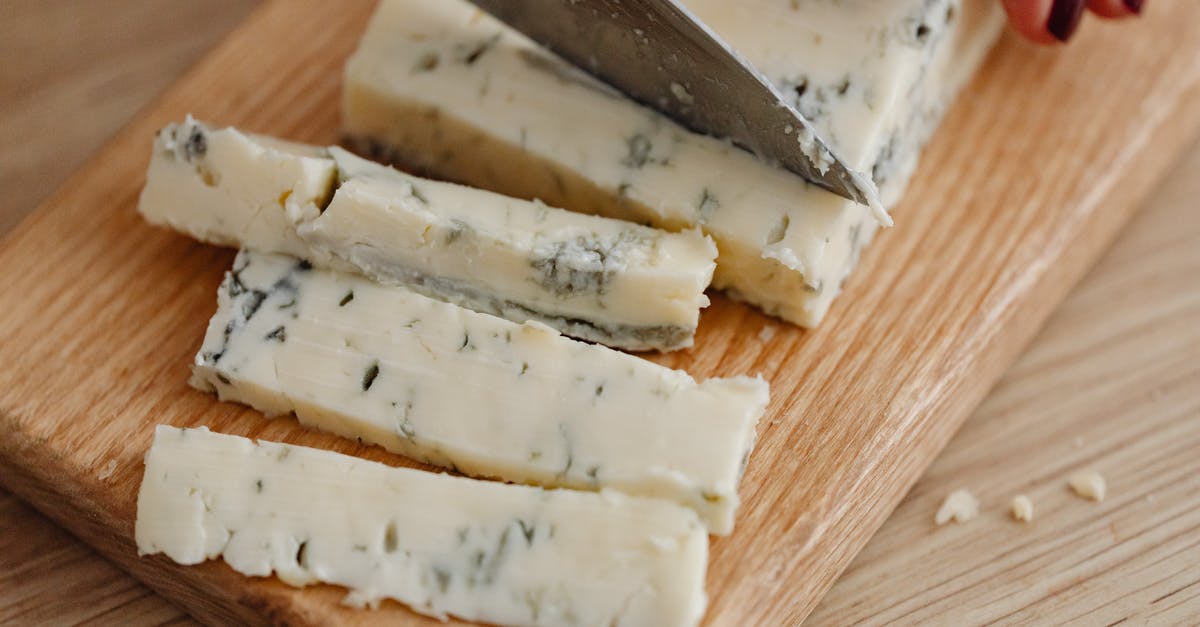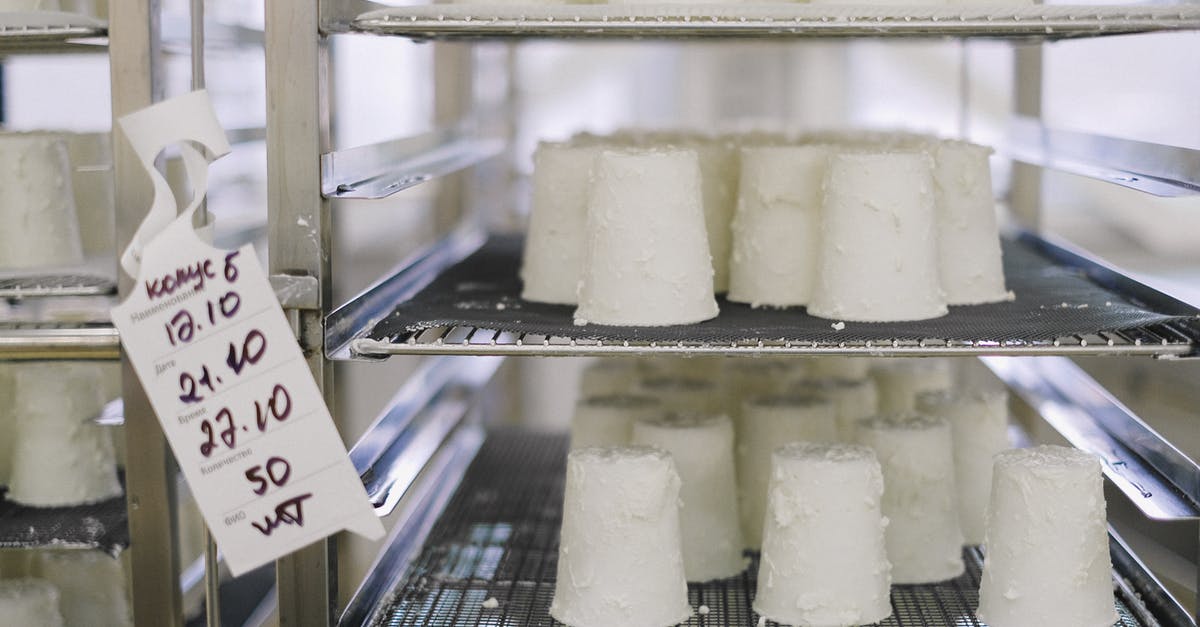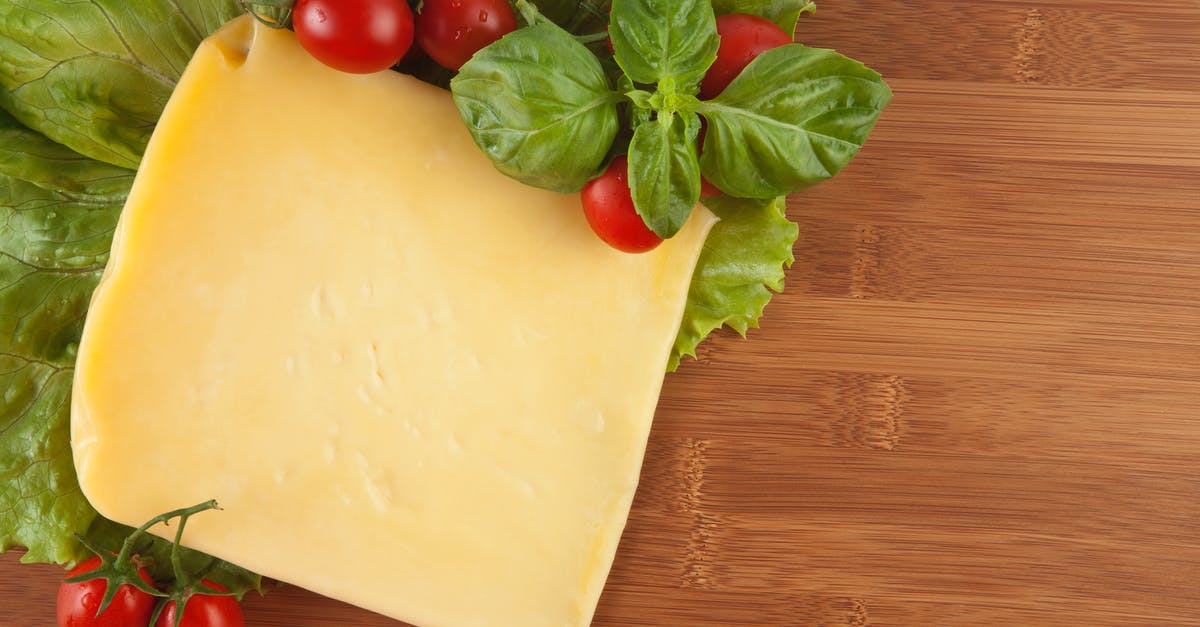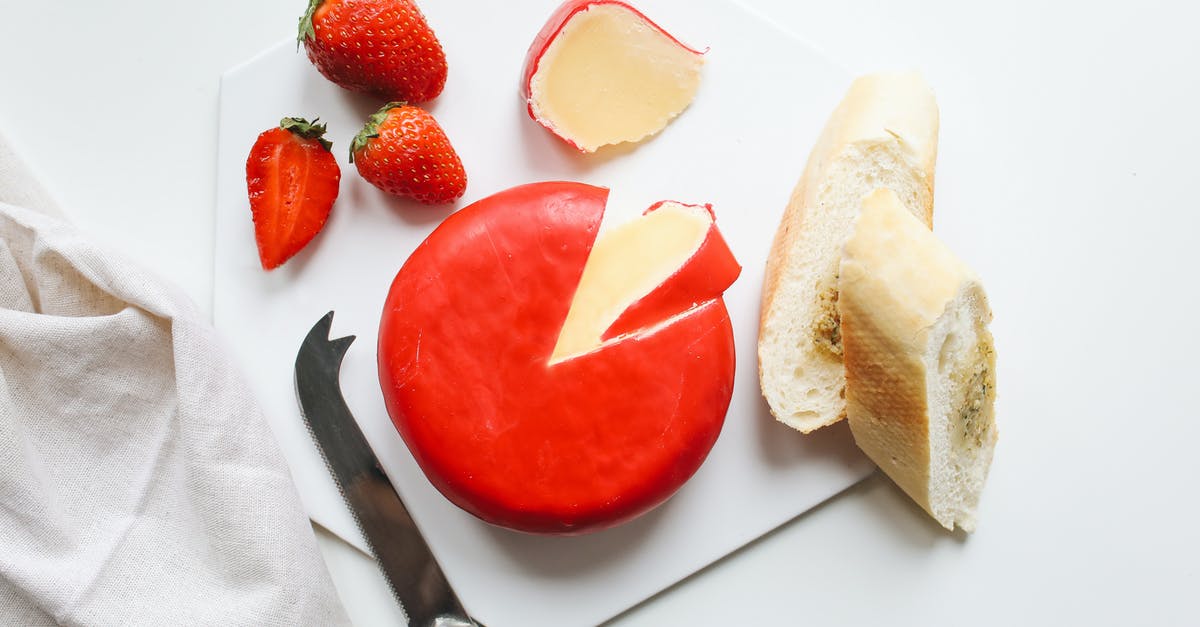Alternative to swiss cheese

I am planning a fondue party. I personally despise swiss cheese. I am defining swiss cheese here as any cheese that has that similar flavor, like swiss, ementhalar, jarlsberg etc. as they all have a similar flavor profile.
To edit my original question, which I had not asked as directly as possible; I need a cheese that performs the way swiss would in fondue. The main quality is its ability to melt smoothly. Again avoiding that similar flavor profile of what americans call swiss cheese.
The two cheeses I already am familiar with which will perform similarly are Fontina and cheddar. Any other suggestions?
Best Answer
Also worth noting is that the cheese product sold as 'swiss cheese' in the US has a very indirect relationship with Swiss cheese, i.e. cheese from Switzerland. It's supposed to be reminiscent of Emmentaler, but the differences are greater than the similarities. (At least in my rather limited experience.)
There are different cheese mixtures used when making fondue, and while some people use Emmentaler, it's by no means universal. (I'd go so far as to say that it's a minority ingredient in most fondues.) Personally I'm rather partial to 'moitié-moitié', which is a mixture of equal parts Gruyère and Vacherin¹.
But that's a question of personal taste, rather than cooking, and as such is border-line off-topic here.
Of more interest is what happens in cheese fondue, and what kinds of cheese can be used. Hervé This looks at this in his excellent book Molecular Gastronomy:
A fondue is no more than cheese heated with wine. The combination of water (from the wine) and water-insoluble fat (from the cheese) means that the successful fondue is necessarily an emulsion, a dispersion of microscopic droplets of fat in water solution
and
Connoisseurs of fondue know that the success of the dish has to do particularly with proper cheese selection. Questions of flavor come into play as well, but well-ripened cheeses are best suited to the preparation of fondues because, in the course of aging, enzymes called peptidases have broken up the casein and the other proteins into small fragments that are more readily dispersed in the water solution. These casein fragments then emulsify the fatty droplets and increase the viscosity of the aqueous phase
and
... select very dry wines—indeed, wines that are excessively acidic and, if possible, very fruity. Why are these properties useful? Athony Blake has shown that such wines have high concentrations of tartaric, malic, and citric acids. Malate, tartrate, and especially citrate ions are very good at chelating (or sequestering) calcium ions. The acidic and fruity wines experts prefer help separate the casein micelles and release their constituent proteins, which stabilize the emulsion by coating the fatty droplets.
(Another option is to cheat. Add some cornstarch, and it's highly unlikely to seize.)
¹ That should be Fribourg Vacherin, rather than the Mont d'Or variety.
Pictures about "Alternative to swiss cheese"



Quick Answer about "Alternative to swiss cheese"
- Sharp White Cheddar. Sharp white cheddar cheese is one of the best substitutes for Swiss cheese in quiche, casseroles, pasta dishes, and other recipes. ...
- Fontina. ...
- Mozzarella. ...
- Provolone. ...
- Gruyere. ...
- Edam. ...
- Manchego. ...
- Gouda.
A Dietitian's Guide to Alternative Cheese | You Versus Food | Well+Good
More answers regarding alternative to swiss cheese
Answer 2
Are you opposed to "fake cheese", AKA "cheese food products"? The best known at least in the US is Velveeta, but there are alternates including recipes you can find to make your own. They would have a different flavor profile than Swiss and others that I call white cheeses. Home made versions are usually a combination of America, Cheddar, and milk or dried milk.
Con side: It is what many refer to as cheese flavored plastic and cheese purist scoff at even considering it. The flavor profile tends toward bland, not the more complex flavor of name cheeses.
Pro side: It was specifically developed to melt smoothly, consistently and without lumps and far less tendency to separate into a layer of oil than many real cheeses. It is largely credited with the rise of popularity of grilled cheese sandwiches in the US years ago due to its ease of melting and that it will stay melted. It is commonly used in many quick cheese sauces for the same reasons.
If you mess with one of the home made recipes to duplicate it, it will typically take a few hours to prepare it (some use gelatin and are faster), but also gives you the opportunity to customize the flavor profile. Commonly spices and tomato are added. You could then experiment with adding your own favorite cheeses to see if you could duplicate the ease of remelting while retaining closer to your taste in flavor.
Answer 3
A very young baby Gouda will melt nicely. Also, a couple of Mexican cheeses, queso quesadilla and queso chihuahua, will melt well. The queso chihuahua is usually a slight bit sharper than the others.
While these cheeses do melt very well, you may need a tiny bit of milk or cream to have them at a proper fondue consistency.
An upside to cheeses like these is that they shouldn't separate like a sharp cheddar or other more aged cheeses might.
Answer 4
In the Jura region of North-East France, the cheese of choice for fondue tends to be Comté, with a splash of white wine and some garlic added.
It will be smooth and stringy when melted, but more fatty and will have a stronger flavour than American Swiss cheese. The downside will be the price - especially in the US, Comté is a high quality, premium cheese more often found on cheeseboards than used in recipes.
Sources: Stack Exchange - This article follows the attribution requirements of Stack Exchange and is licensed under CC BY-SA 3.0.
Images: Karolina Grabowska, Anna Shvets, Önder Örtel, Polina Tankilevitch
